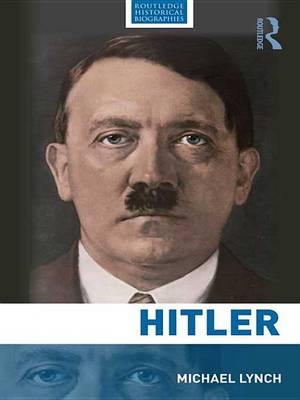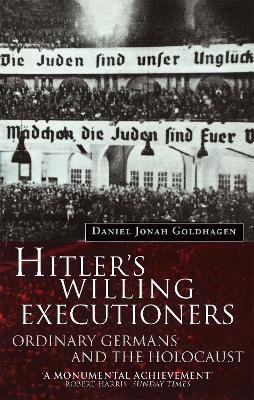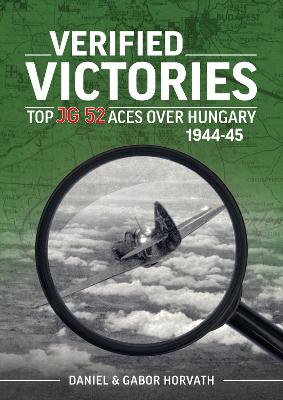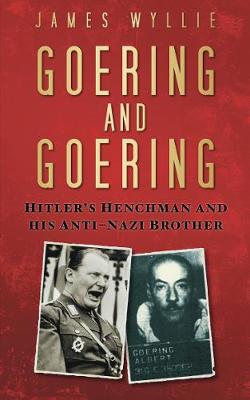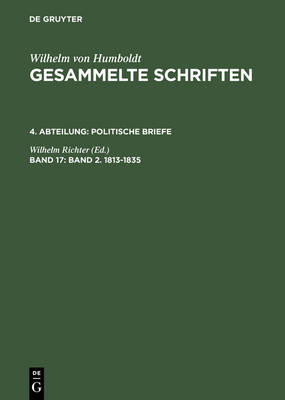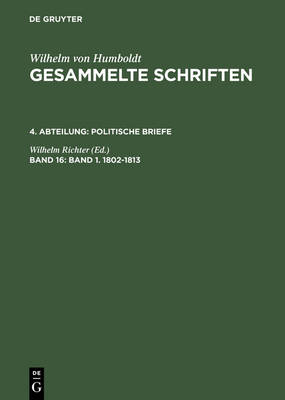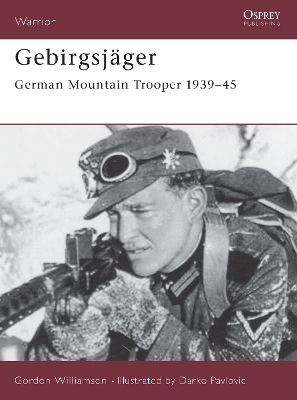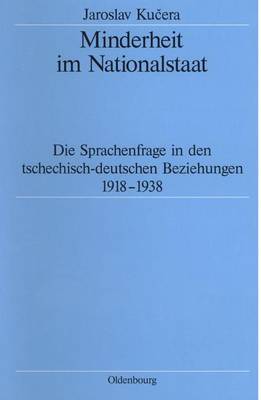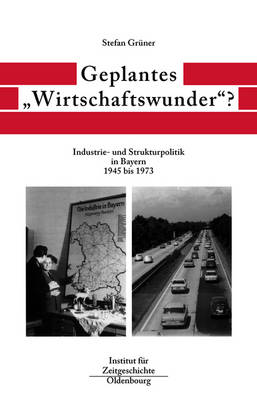Painting Berlin Stories (American University Studies, Series 20: Fine Arts, #30)
by Patricia McDonnell
Inventar der Bau- und Kunst-Denkmaler in der Provinz Brandenburg, Band I
by Friedrich Rudolf Bergau
Inventar der Bau- und Kunst-Denkmaler in der Provinz Brandenburg, Band II
by Friedrich Rudolf Bergau
Great Books by German Women in the Age of Emotion, 1770-1820 (Women and Gender in German Studies)
by Professor Margaretmary Daley
Literature written by women in German during the "Age of Goethe" was largely considered unworthy Trivialliteratur. Using insights from Gender Studies yet acknowledging the need for a literary canon, Great Books by German Women offers a critical interpretation of six canon-worthy German novels written by women in the period, which it calls the "Age of Emotion." The novels are chosen because they depict women's ordinary yet interesting lives and because each contains prose particularly expressive...
The epic battles fought at Stalingrad and Kursk were pivotal events in the war on the Eastern Front. After the catastrophic failure of the German offensives of 1942 and 1943, the Wehrmacht was forced onto the defensive. Never again would it regain the initiative against the seemingly inexhaustible forces of the Red Army. But how did this decisive shift in the balance of military power on the Eastern Front come about? This question has intrigued historians ever since. In this original and thought...
Bismarck: A Life
by Walter H Annenberg Professor of Modern European History Jonathan Steinberg
Adolf Hitler is the most notorious political figure of the twentieth century. The story of his life, how he became a dictator, and how he managed to convince so many to follow his cause is a subject of perennial fascination. Balancing narrative and analysis, this biography employs a chronological approach to describe the main features of Hitler's career. Set against the background of developments in Germany and Europe during his lifetime, the text tells the extraordinary story of how an Austria...
Daniel Goldhagen re-visits a question which history has treated as settled, and his research leads him to the inescapble conclusion that none of the answers holds true. That question is: How could the Holocaust happen? His response is an exploration of German society and its ingrained anti-semitism that demands a fundamental revision of our thinking about the years 1933-1945. The author marshals fresh, primary evidence - including extensive testimony from the actual perpetrators - to show that...
Weimar and the Rise of Hitler (Making of the 20th Century (Paperback)) (The Making of the Twentieth Century)
by A J Nicholls and Anthony J Nicholls
In this extensively revised third edition, the book takes into account the large body of recent research on this controversial period. A completely new introduction describes how these developments in scholarship have affected our view of Weimar, and a new final chapter discusses the relationship between the economic and social tensions in Germany during this period and the rise of Hitler. Throughout the book the author has updated the text and added new material and references, and the already...
Oradour Und Die Deutschen (Quellen Und Darstellungen Zur Zeitgeschichte, #126)
by Andrea Erkenbrecher
They were the most unlikely of siblings - one, Adolf Hitler's most trusted henchman, the other a fervent anti-Nazi. Hermann Goering was a founder member of the Nazi Party, who became commander of the Luftwaffe, ordering the terror bombing of civilians and promoting the use of slave labour in his factories. His brother, Albert, loathed Hitler's regime and saved hundreds - possibly thousands - across Europe from Nazi persecution. He deferred to Hermann as head of the family but spent nearly a dec...
Few branches of the German armed forces were represented on so many fronts as the mountain infantrymen, or Gebirgstruppen. From the Blitzkrieg campaigns of 1940, through the invasions of the Balkans and Russia and the North African campaign, to the defence of the Reich 1944-45, the Gebirgsjager earned a reputation for reliability and courage. Typically each trooper was a supremely fit individual: the need to cover difficult terrain in full kit, without the back-up of a motorised baggage train, d...








